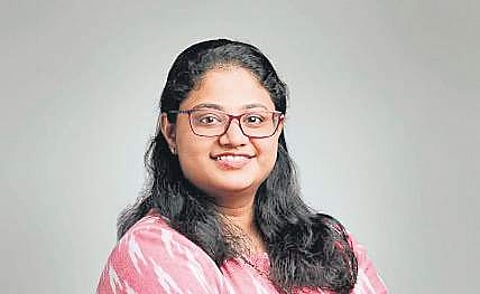

KOCHI: April 2 is celebrated all world over as World Autism Awareness Day and April, the month for autism awareness. The theme for this year is Assistive Technologies, Active Participation.
Autism Spectrum Disorder (ASD) is a neurodevelopmental disorder which affects communication and socialisation. Children with autism may also have repetitive movements, restricted interests and/or sensory issues. Currently, studies say one in 59 children have autism. That means that nearly every family will either have or know of someone who has autism.
Children with autism are mostly in their own world. They have difficulties with making eye contact with people, using gestures and actions for communication. Most of them have s speech delay, some of them speak, but don’t use speech to communicate with another person. Children with autism have a lot of sensory issues – some of them get easily upset with loud noises, or noise of a particular pitch or tone; some like looking at rotating objects; some walk on toes.
Like how typical children have a varying range of IQ, children with ASD also have varying IQs and abilities. No two children with autism are the same.
What Autism Spectrum Disorder is NOT Autism is a condition, not a disease to be feared. It is present since birth, though symptoms may be obvious only later. Some children also develop relatively normally until one to two years of age, after which the symptoms of autism appear. Autism is not due to bad parenting – the parents are no way at fault for having a child with autism. Autism is not caused by vaccines.
Autism doesn’t mean mentally retarded. Some children with autism are very bright, many have skills in other spheres like music, art, dance, writing, etc. With early diagnosis and good intensive training, many children can grow up to be almost independent, requiring some support systems in place.
Dr Susan Mary Zachariah is a senior specialist of Developmental Paediatrics at Aster Medcity, Kochi.
The views expressed by the author are her own.